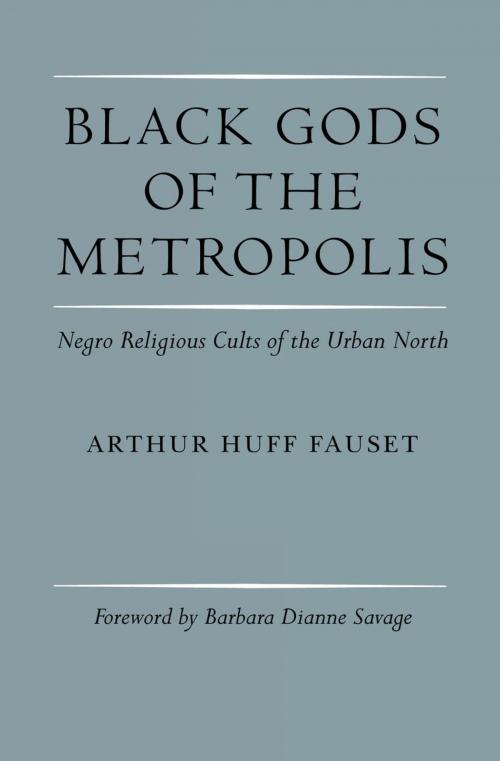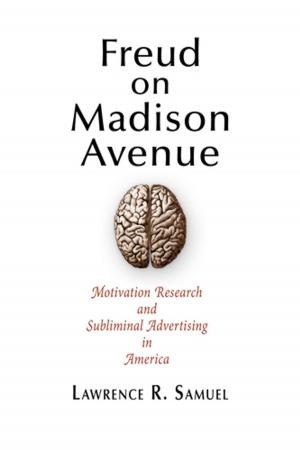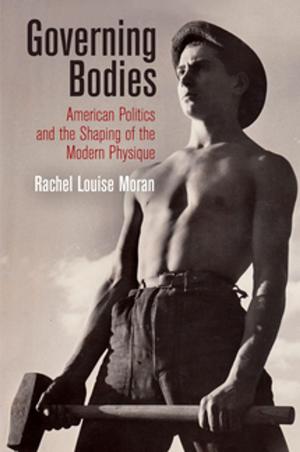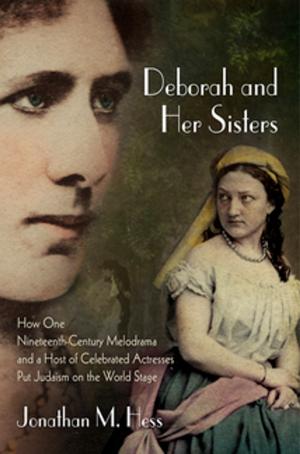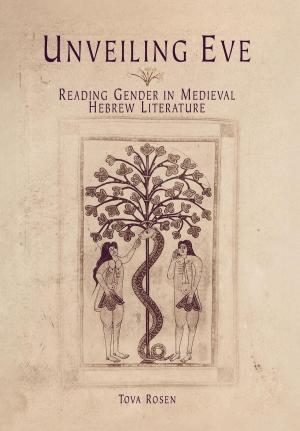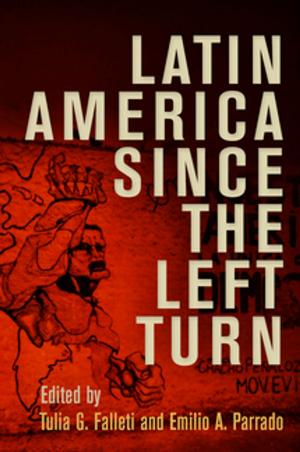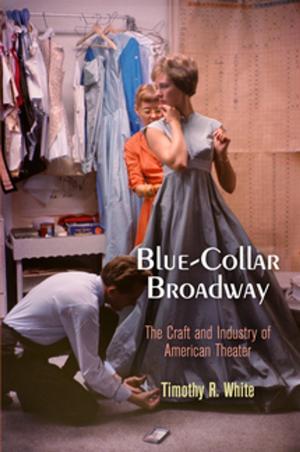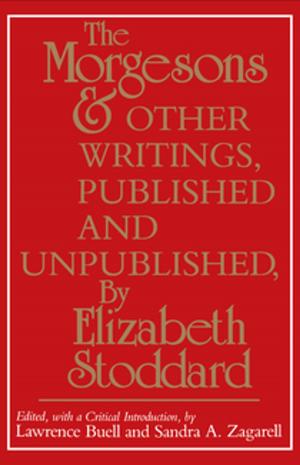Black Gods of the Metropolis
Negro Religious Cults of the Urban North
Nonfiction, Social & Cultural Studies, Social Science, Sociology, Marriage & Family, Cultural Studies, African-American Studies| Author: | Arthur Huff Fauset | ISBN: | 9780812290677 |
| Publisher: | University of Pennsylvania Press, Inc. | Publication: | March 26, 2014 |
| Imprint: | University of Pennsylvania Press | Language: | English |
| Author: | Arthur Huff Fauset |
| ISBN: | 9780812290677 |
| Publisher: | University of Pennsylvania Press, Inc. |
| Publication: | March 26, 2014 |
| Imprint: | University of Pennsylvania Press |
| Language: | English |
Stemming from his anthropological field work among black religious groups in Philadelphia in the early 1940s, Arthur Huff Fauset believed it was possible to determine the likely direction that mainstream black religious leadership would take in the future, a direction that later indeed manifested itself in the civil rights movement. The American black church, according to Fauset and other contemporary researchers, provided the one place where blacks could experiment without hindrance in activities such as business, politics, social reform, and social expression. With detailed primary accounts of these early spiritual movements and their beliefs and practices, Black Gods of the Metropolis reveals the fascinating origins of such significant modern African American religious groups as the Nation of Islam as well as the role of lesser known and even forgotten churches in the history of the black community.
In her new foreword, historian Barbara Dianne Savage discusses the relationship between black intellectuals and black religion, in particular the relationship between black social scientists and black religious practices during Fauset's time. She then explores the complexities of that relationship and its impact on the intellectual and political history of African American religion in general.
Stemming from his anthropological field work among black religious groups in Philadelphia in the early 1940s, Arthur Huff Fauset believed it was possible to determine the likely direction that mainstream black religious leadership would take in the future, a direction that later indeed manifested itself in the civil rights movement. The American black church, according to Fauset and other contemporary researchers, provided the one place where blacks could experiment without hindrance in activities such as business, politics, social reform, and social expression. With detailed primary accounts of these early spiritual movements and their beliefs and practices, Black Gods of the Metropolis reveals the fascinating origins of such significant modern African American religious groups as the Nation of Islam as well as the role of lesser known and even forgotten churches in the history of the black community.
In her new foreword, historian Barbara Dianne Savage discusses the relationship between black intellectuals and black religion, in particular the relationship between black social scientists and black religious practices during Fauset's time. She then explores the complexities of that relationship and its impact on the intellectual and political history of African American religion in general.
